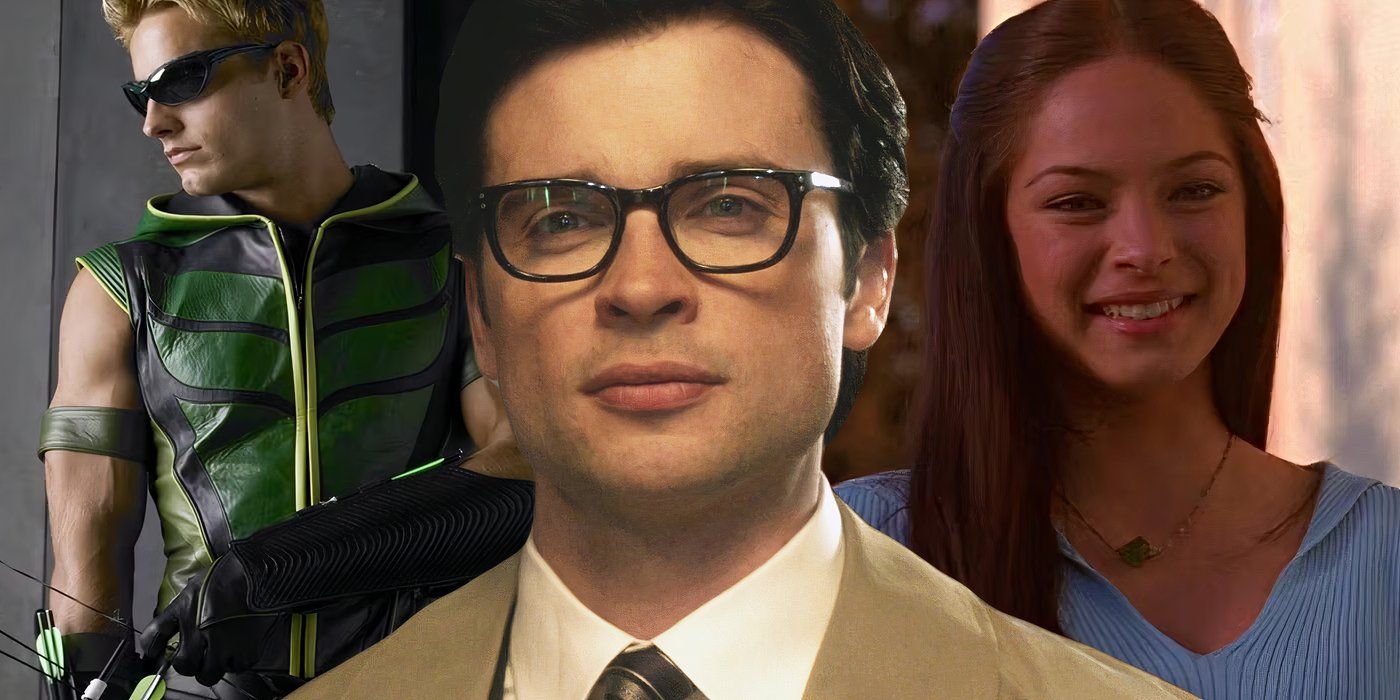T4K3.news
The CW cancels Smallville but reflects on its legacy
Smallville ended its ten-season run, with cast struggles and creative shifts highlighted in retrospect.
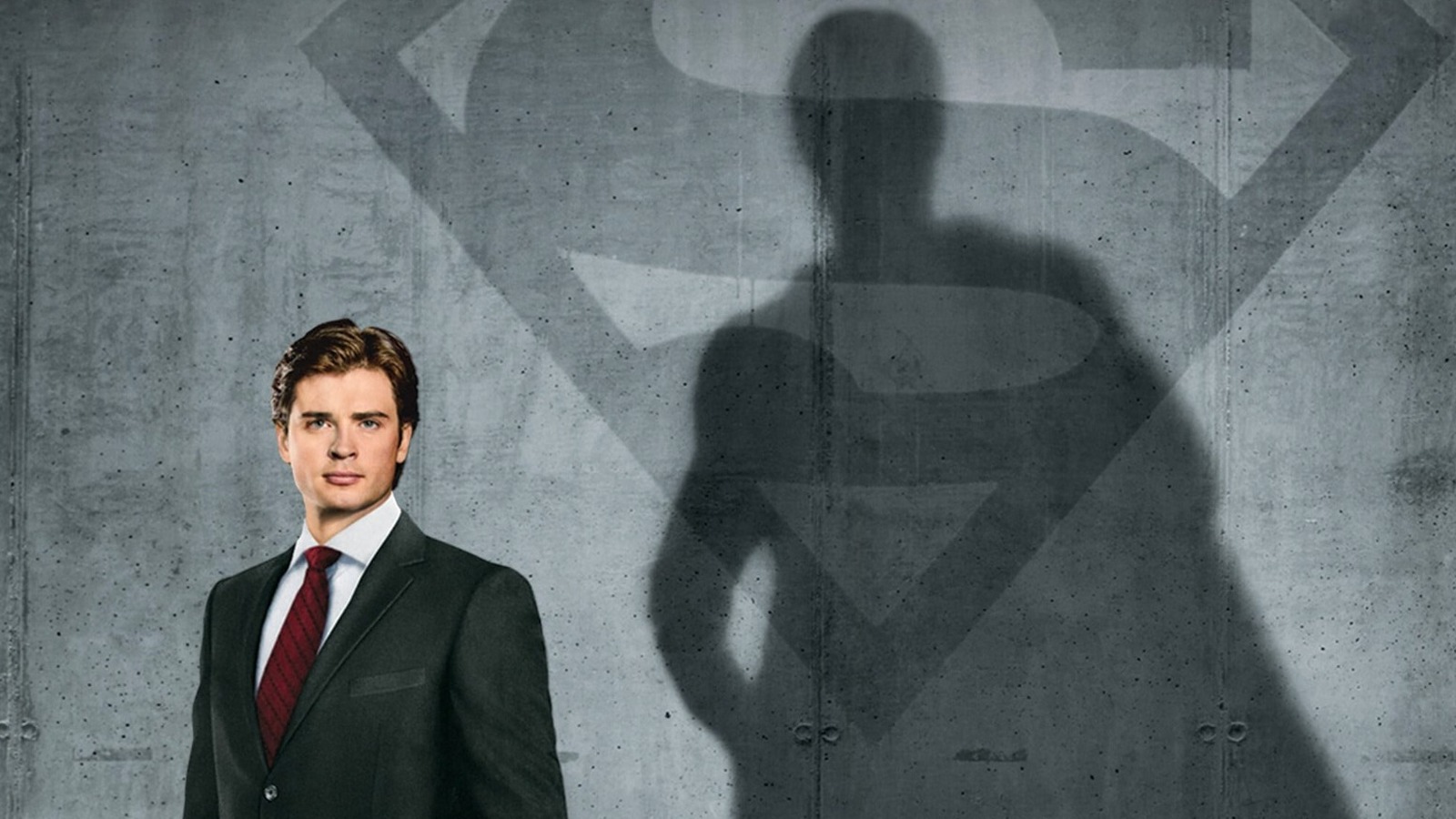
The CW's long-running show Smallville ended after ten seasons and sparked a new discussion upon its return.
The CW cancels Smallville but sparks interest in its revival
Smallville, which aired for ten seasons, saw its final episodes on The CW after a journey that outlasted its original network. As the show evolved, key figures like creators Alfred Gough and Miles Millar, along with stars like Michael Rosenbaum and Kristin Kreuk, exited the series. They noted their departures were due to the stories being told and a sense of burnout. Gough reflected on the need for fresh storytelling when he stated that they had trained others to take over. The finale was emblematic of the show’s journey, ending with Clark Kent embracing his destiny as Superman, a moment they always envisioned. Despite the exit of original cast members, the conclusion met their long-held expectations, marking a significant moment in superhero television.
Key Takeaways
"We knew it was going to go further than season 8. We had told the stories that we wanted to tell."
Alfred Gough explains the decision to leave the series after season 7, indicating the need for change.
"I didn't want to live in a love triangle forever."
Kristin Kreuk shares her perspective on wanting to explore different roles outside her character's story.
"The last moment of the show would be Clark putting on the Superman suit and flying off into his future."
Miles Millar discusses the long-standing vision for the show’s conclusion, emphasizing the intended ending.
"By season 7, we were burnt out."
Alfred Gough acknowledges the challenges that come with extended story arcs and creative exhaustion.
The cancellation of Smallville raises questions about how networks balance creative integrity with viewer demands. As creators step down after seasons of development, it highlights the risks of shows extending beyond their original vision. The nostalgia surrounding shows like Smallville can often lead to renewed interest, suggesting that networks should consider these factors when planning revivals. This trend of reviving classic series reflects a broader appetite for nostalgia, but can also signal a reluctance to invest in new stories
Highlights
- Creativity can tire when stories stretch too far and too long.
- Nostalgia often fuels the revival of beloved shows and characters.
- Shows like Smallville remind us of the fine line between renewal and story fatigue.
- Ending on a high note may be better than dragging a story out.
Potential backlash over creative decisions
The departure of original creators may spark criticism over the direction of long-running series and their endings.
As networks navigate changing viewer preferences, the legacy of Smallville continues to resonate with fans.
Enjoyed this? Let your friends know!
Related News
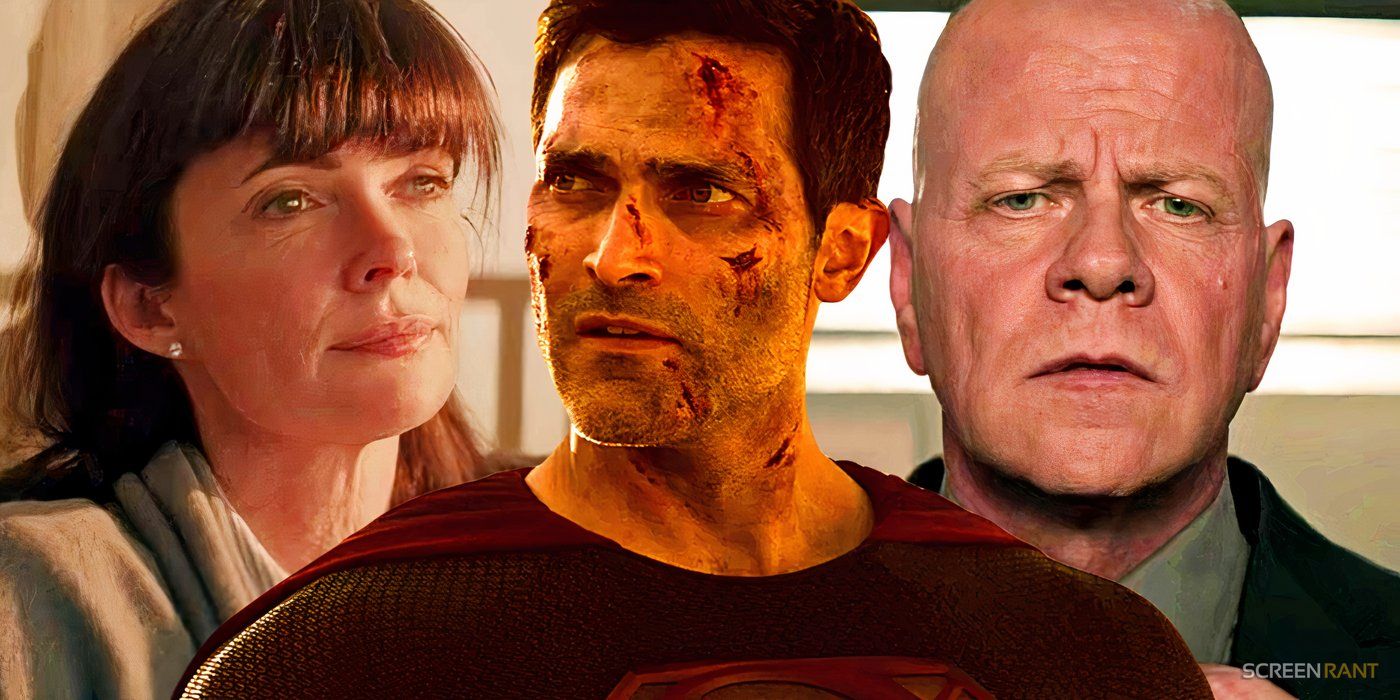
Superman & Lois concludes with character rankings
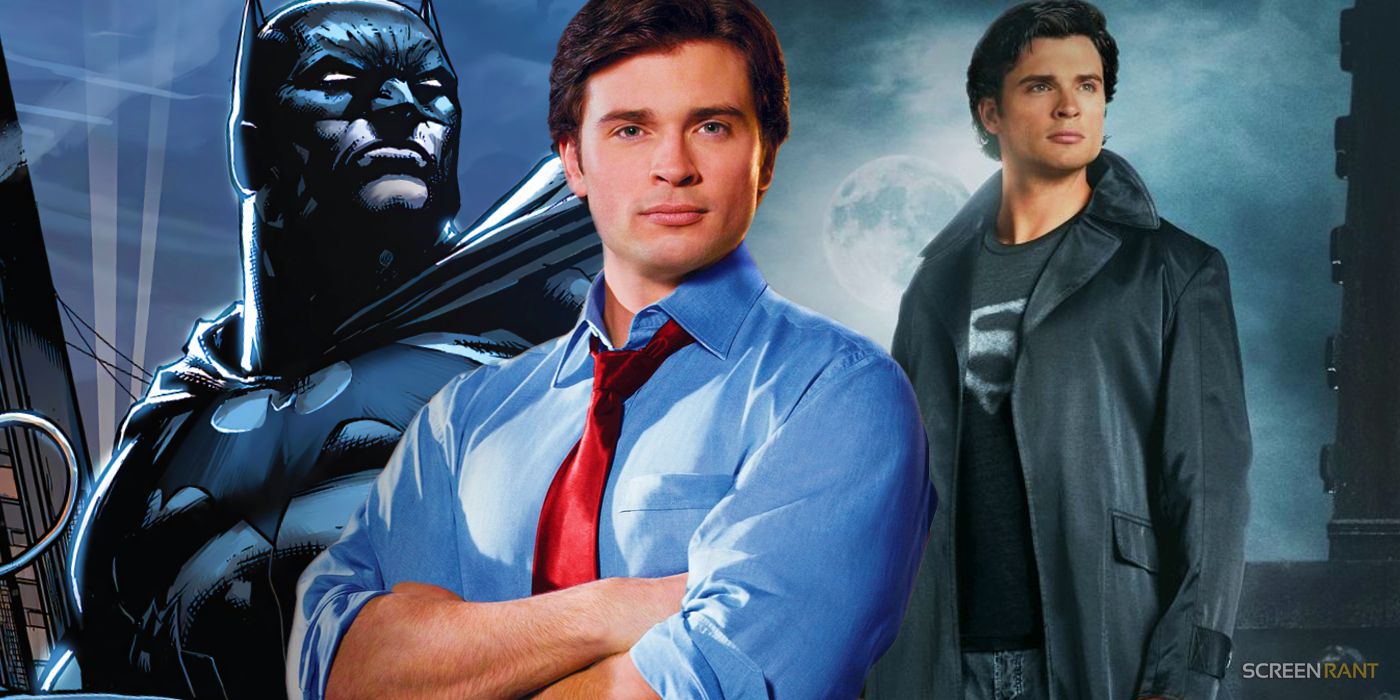
Tom Welling reflects on missed Batman opportunity in Smallville
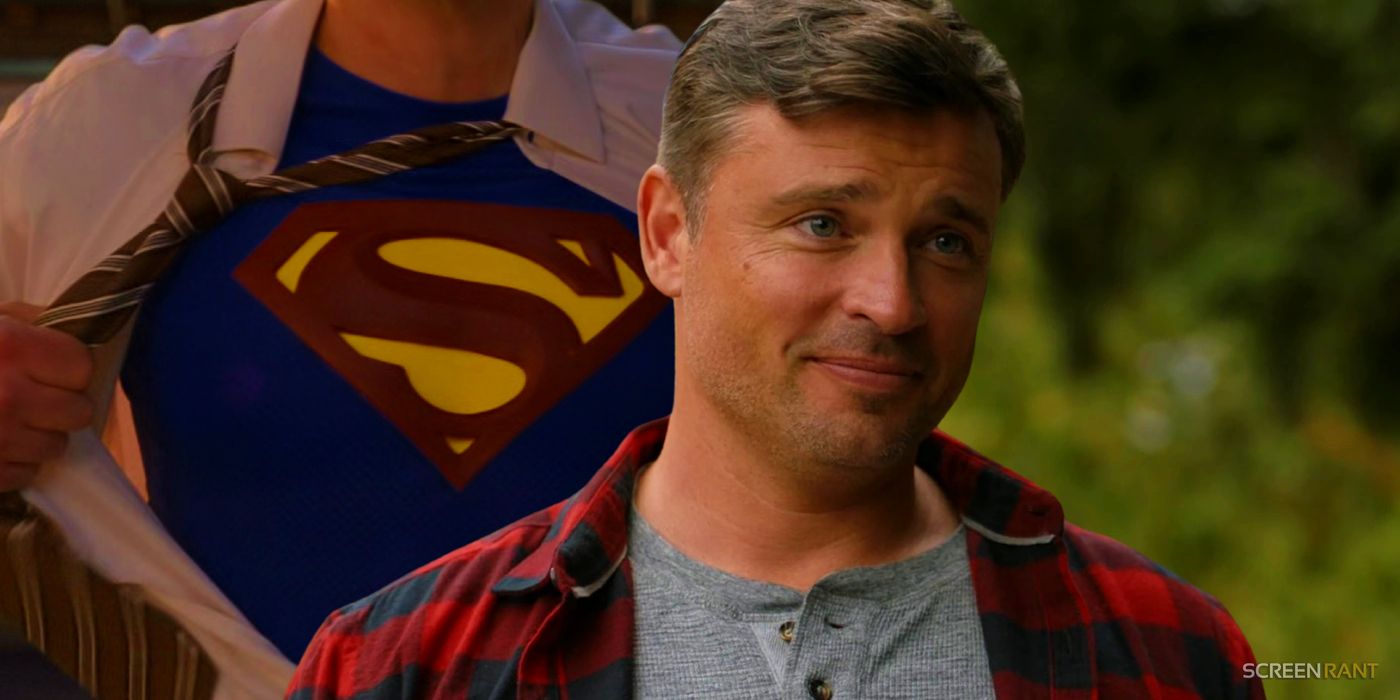
Smallville Season 11 Concept Trailer Released
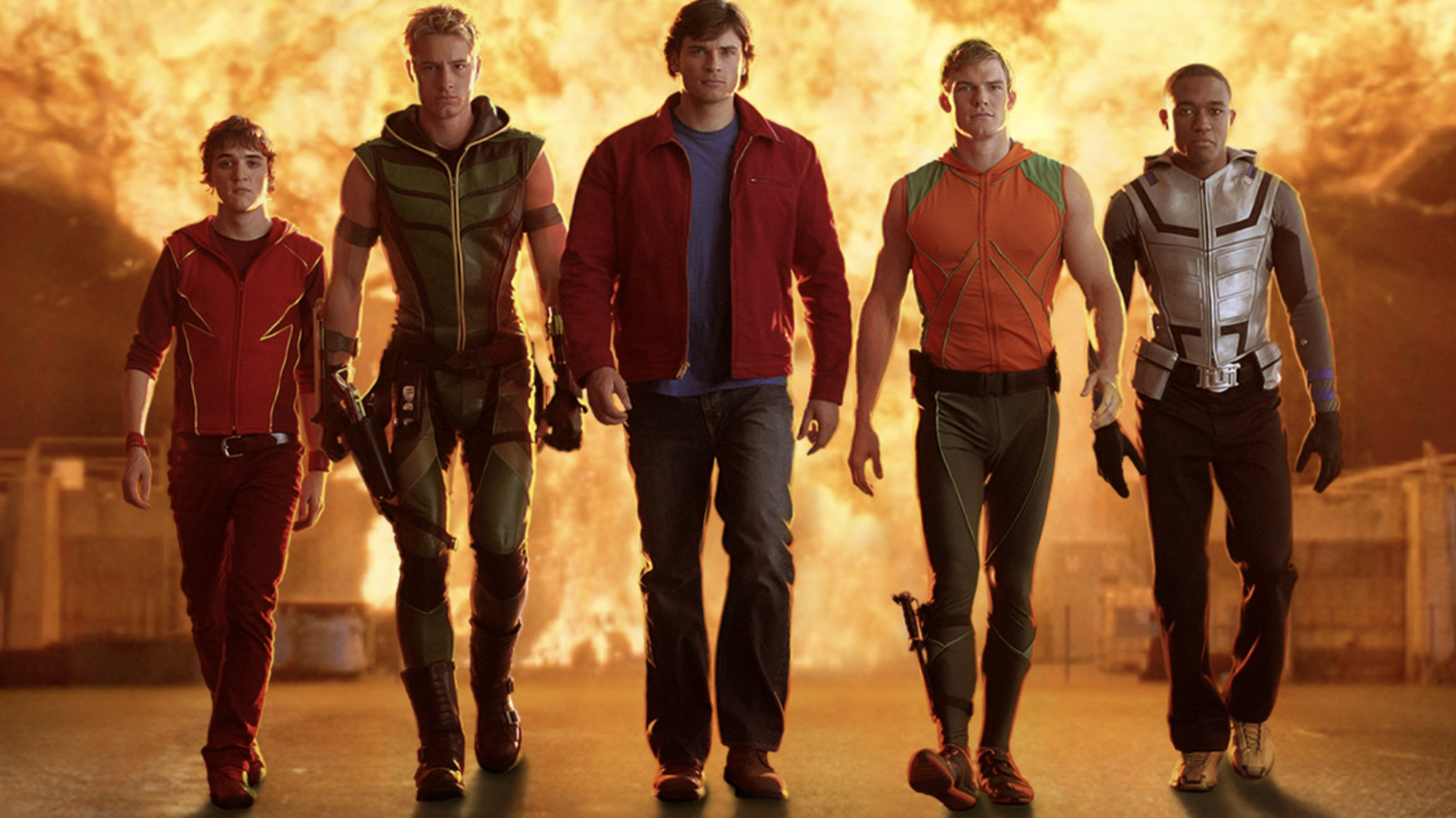
Smallville nearly had a Justice League spin-off
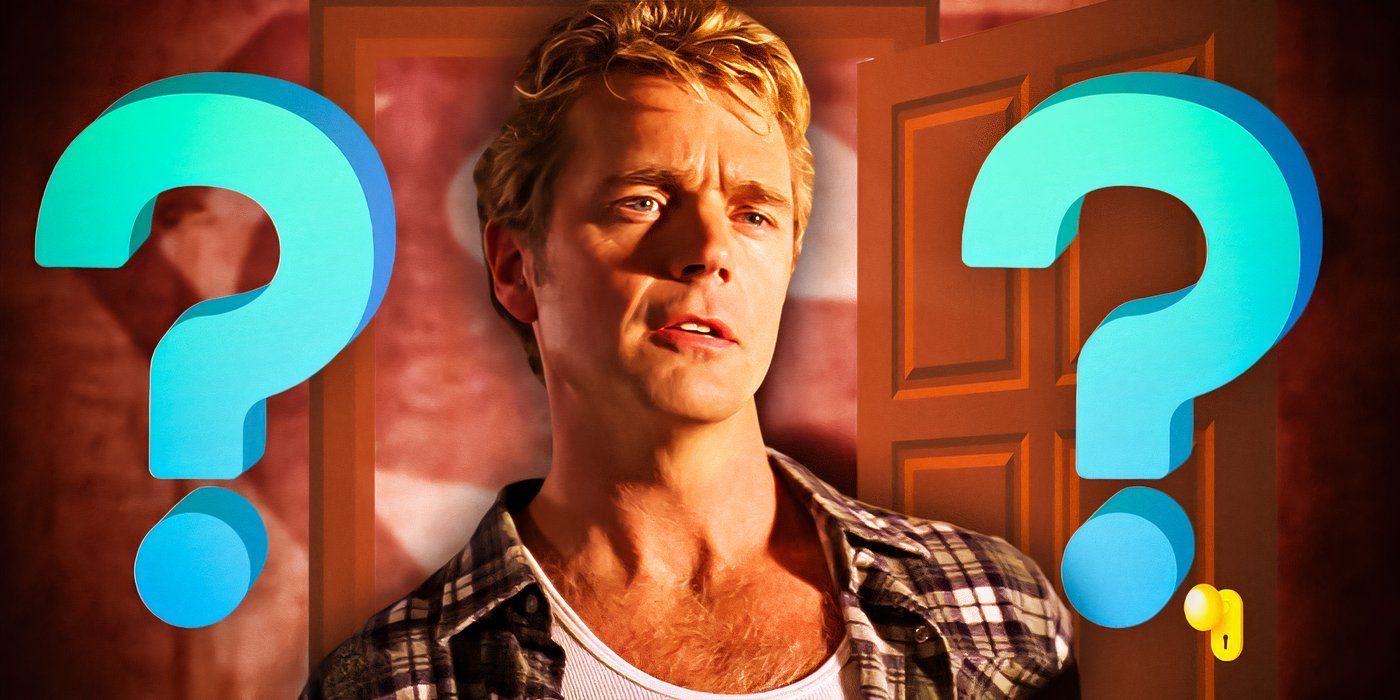
John Schneider leaves Smallville after five seasons
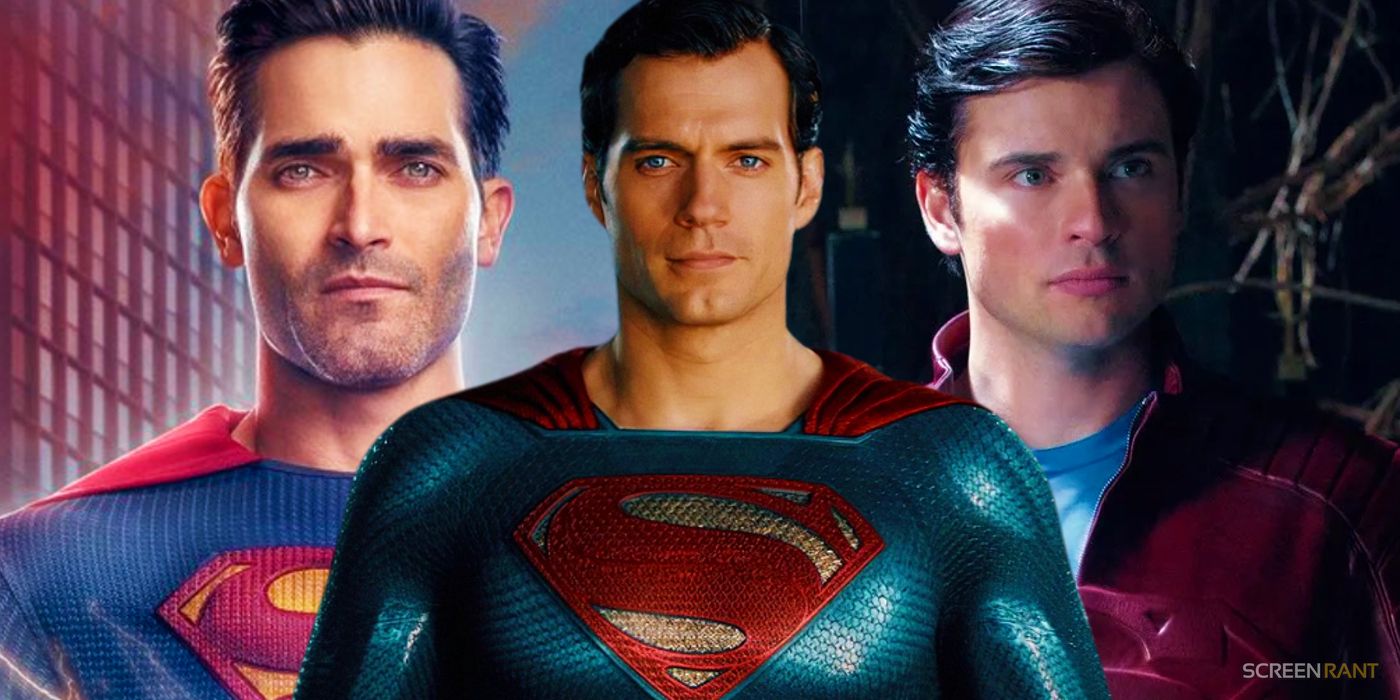
New DC artwork features iconic Superman actors together
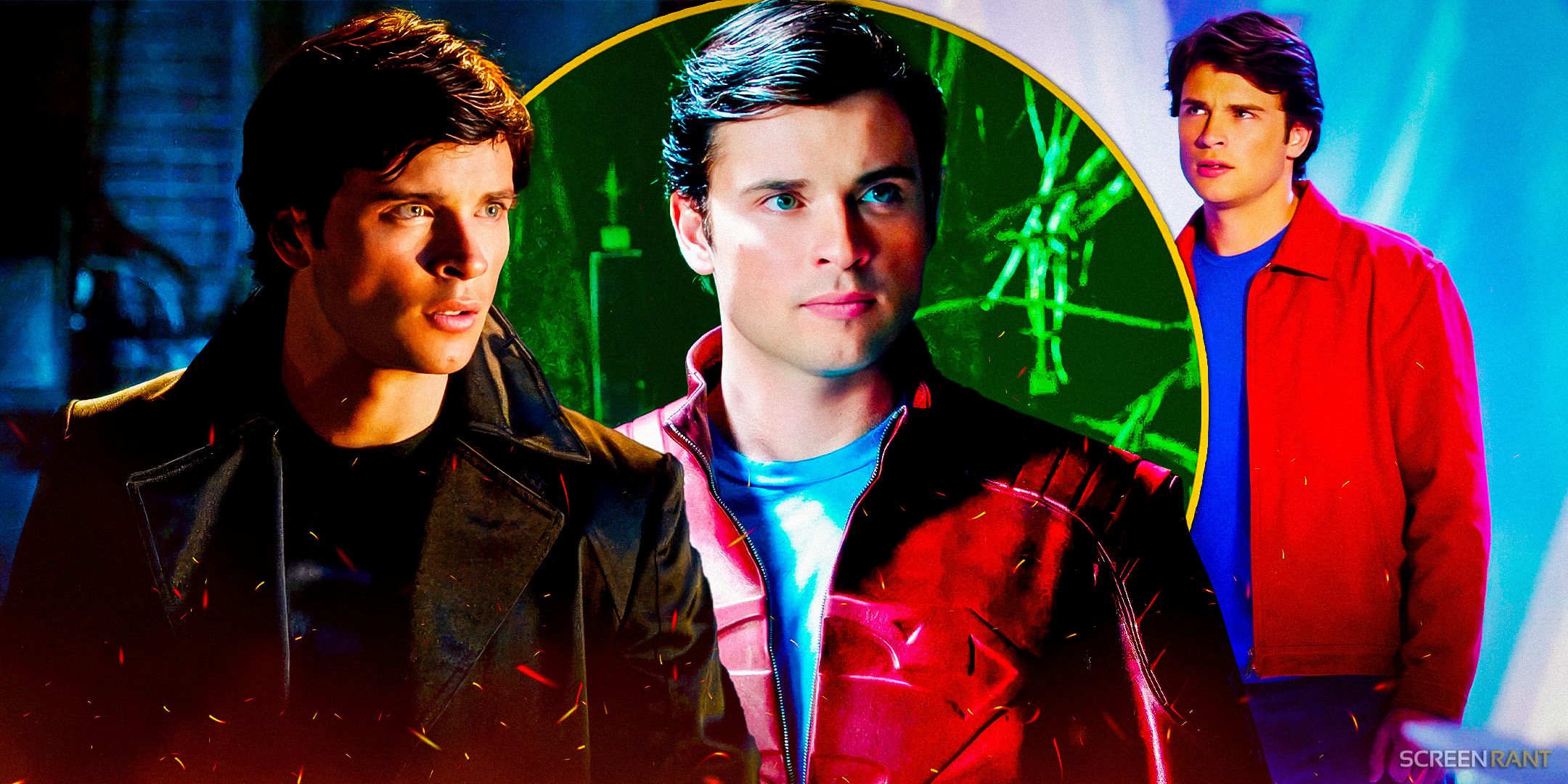
Tom Welling discusses Smallville's costume challenges

Samantha Bee Critiques CBS's Cancellation of Colbert
